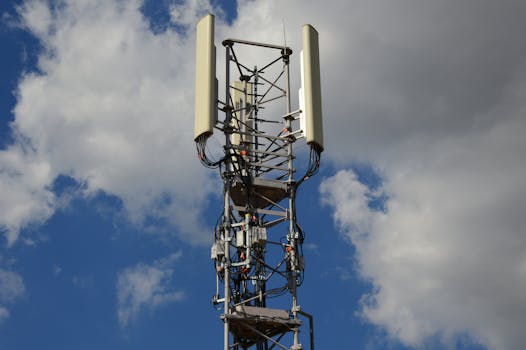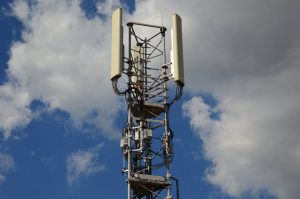5G Rollout: Opportunities and Challenges for Providers with 5G Rollout
The 5G rollout is revolutionizing the telecommunications industry, presenting numerous opportunities and challenges for providers. This article explores the benefits and hurdles of 5G rollout, including increased speeds, lower latency, and new use cases, as well as infrastructure costs, spectrum allocation, and security concerns.

5G Rollout: Opportunities and Challenges for Providers with 5G Rollout
The 5G rollout is a significant milestone in the telecommunications industry, offering unparalleled speeds, lower latency, and new use cases that will transform the way we live and work. 5G rollout is expected to have a profound impact on various sectors, including healthcare, finance, transportation, and education. As the 5G rollout gains momentum, providers are faced with both opportunities and challenges that will shape the future of the industry.
One of the most significant opportunities of the 5G rollout is the potential for increased revenues through new services and applications. 5G enables the widespread adoption of IoT, AR, and VR, which will create new revenue streams for providers. For instance, 5G will enable the creation of smart cities, where IoT devices can be used to manage traffic, energy, and waste management, leading to increased efficiency and reduced costs. Additionally, 5G will enable the proliferation of telemedicine, remote education, and online gaming, which will require high-speed, low-latency connections.
Technical Challenges of 5G Rollout

Despite the opportunities presented by the 5G rollout, providers face significant technical challenges. One of the major hurdles is the need for significant investments in infrastructure, including the deployment of new cell towers, small cells, and fiber-optic cables. The cost of deploying 5G infrastructure is estimated to be in the trillions of dollars, which will be a significant burden for providers. Furthermore, the 5G rollout requires the allocation of new spectrum, which is a scarce resource. The allocation of spectrum will be a critical challenge for providers, as it will require careful planning and coordination to ensure that the limited spectrum is used efficiently.
Another significant challenge facing providers is the issue of security. 5G networks are more complex and vulnerable to cyber threats than previous generations of wireless networks. The increased use of IoT devices, which are often insecure, will create new vulnerabilities that providers must address. Additionally, the use of network slicing and edge computing will require new security protocols to protect sensitive data. Providers must invest in robust security measures to protect their networks and customers from cyber threats.
Strategic Opportunities for Providers

Despite the challenges, the 5G rollout presents strategic opportunities for providers to differentiate themselves and gain a competitive advantage. One of the key opportunities is the ability to offer customized services and applications tailored to specific industries and use cases. For instance, providers can offer specialized services for autonomous vehicles, smart grids, or industrial automation, which will require low-latency, high-speed connections. Additionally, providers can offer edge computing services, which will enable the processing of data closer to the user, reducing latency and improving performance.
Providers can also leverage the 5G rollout to create new partnerships and ecosystems. The 5G rollout will require collaboration between providers, equipment vendors, and application developers to create new services and applications. Providers can form strategic partnerships to develop new use cases, such as smart cities, telemedicine, or online gaming, which will require the integration of multiple technologies and services. By forming these partnerships, providers can reduce costs, improve efficiency, and create new revenue streams.
Conclusion

In conclusion, the 5G rollout presents numerous opportunities and challenges for providers. While the benefits of 5G are clear, the technical, security, and strategic challenges must be addressed to ensure a successful rollout. Providers must invest in infrastructure, security, and strategic partnerships to differentiate themselves and gain a competitive advantage. As the 5G rollout continues to gain momentum, it is essential for providers to be proactive in addressing the challenges and leveraging the opportunities to create new services, applications, and revenue streams.
See more:






